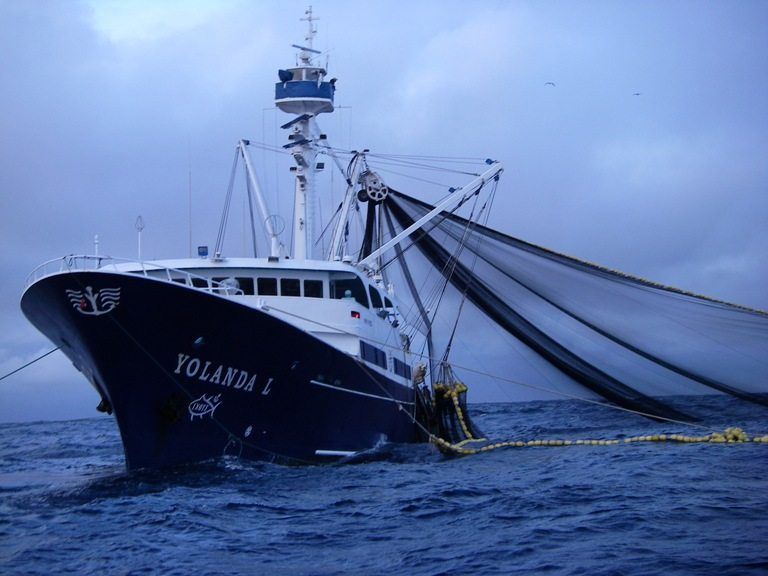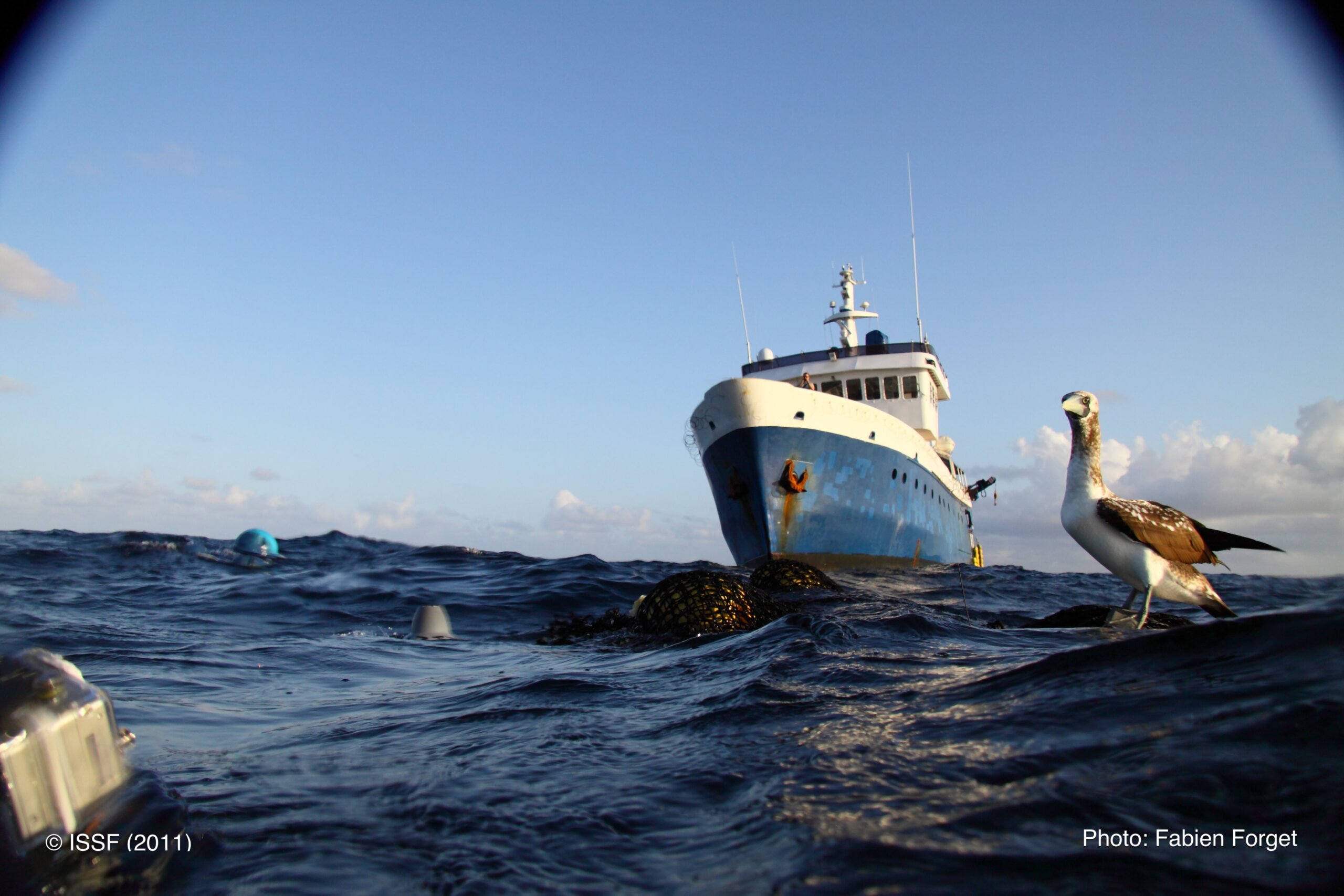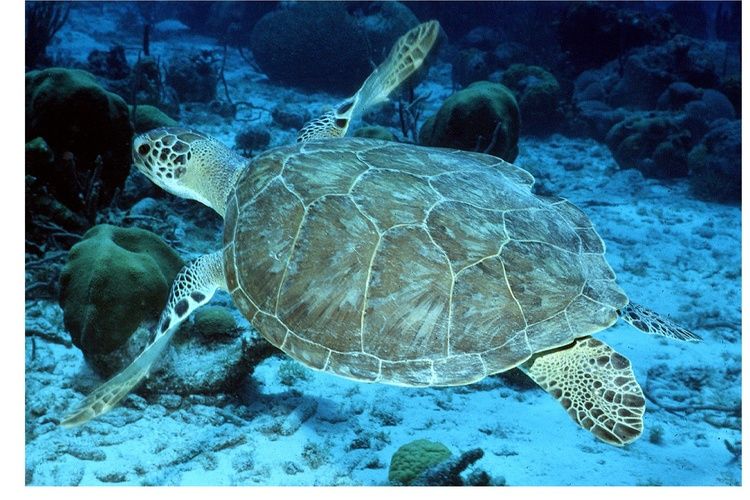
3 Ways Fisheries Managers Can Pivot on Monitoring, Control and Surveillance
With the global pandemic impacting the work of human fisheries observers, electronic monitoring (EM) in global tuna fisheries is in the spotlight more than ever.
Here are three ways fisheries managers can act to fully embrace EM today, while enabling a long and successful future for this important monitoring, control and surveillance tool.
- Pivot and accelerate to best practices where possible
This is a challenging time for fisheries managers, but it is also an opportunity to begin to advance existing technologies with the aim of dramatically increasing current monitoring, and ultimately to improve data collection from vessels at-sea. RFMOs should immediately implement the minimum best practice standards for electronic monitoring systems if they are in a position to do so.
This means that for fisheries that are adequately prepared to apply EM in the place of human observers, corresponding RFMOs should implement standards. These policies should ensure that all systems are tested and certified before a fishing trip begins, and that the number of cameras and camera type are sufficient and well placed to cover areas and actions necessary to capture the required data. EM systems must also be robust in rough at-sea conditions and operate largely independently from the crew. For example, sensors can trigger recording of fishing-related activities.
Standards should also ensure that the systems are tamper-proof and have adequate data security. Rules should be immediately adopted to make sure that the system’s data analysis and reporting is done by a qualified third party, that data reviewers are trained properly, and that all storage devices should also allow for at least six months of storage to prevent degradation.
- Raise the bar — Put resources towards vessel monitoring systems, too
Regional Fisheries Management Organizations (RFMOs) for highly migratory species have established either centralized RFMO satellite vessel monitoring systems (VMS) or prescribed requirements for national VMS systems to apply to vessels that operate in the RFMO areas. Best-practice VMS programs monitor the implementation of conservation measures, combat IUU fishing, and provide data for scientific analyses or research programs.
All RFMOs should take steps to follow best practices for VMS: practices that promote transparency, ensure the availability and utility of VMS data, and minimize the risk of false reports, gaps in position reporting, or tampering with VMS units.
- Plan for the future
Fisheries management leaders should recognize the gaps in data that will inevitably follow suspensions of human observer requirements and adjust policies and strategies to start filling in those gaps. Every RFMO and government should be investing in and continuing to advance the development of electronic reporting and monitoring technologies in order to make up for the scarcity of data brought about by these human observer suspensions, which have the potential to last for an extended period.
Without adequate monitoring, whether human, electronic, or a combination of both, at-sea transshipment can occur in an opaque box. The further development of electronic monitoring would help prevent the risks of illegal, unreported and unregulated (IUU) fishing, as well as the misreporting of data, overfishing quotas and catch limits, noncompliance with bycatch measures and more in such at-sea practices.
Electronic monitoring is a critical aspect of fisheries monitoring: It verifies that fishing activities take place in accordance with the rules; has the potential to provide managers with better data to make informed, science-based management decisions; promotes safety for vessel crew and human observers alike; and drastically improves traceability of catch.
The onset of this pandemic has presented great challenges, but it can also be a catalyst for incredible progress. By taking the steps above, fisheries managers can begin to improve and expand the application of EM during this emergency period and well beyond it.


